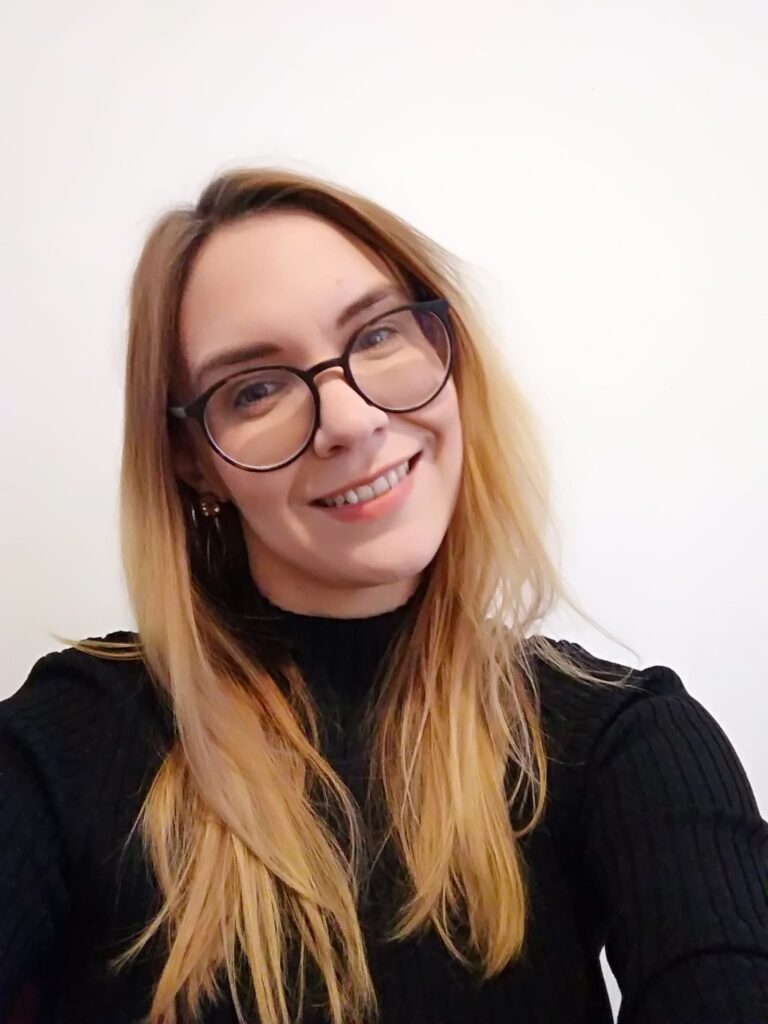Title of Master’s Thesis: “The Future is Circular” – (Dynamic) Capabilities for Sustainability-oriented Innovation in the Circular Economy
Master: Organisational and Human Resource Development, graduated 2021
For Julia Prattinger it was clear that she wanted to deal with the topic of sustainability in her master’s thesis. We talked with her about the writing process, challenges and important insights.
Julia, what is your master’s thesis about and what was your motivation?
In my master’s thesis, I investigated what (dynamic) capabilities companies need to drive innovation towards a circular economy.
I was so curious about this question because companies no longer get around to addressing climate neutrality and related issues, and the circular economy is a promising approach to sustainability efforts. However, despite good intentions, many companies still find it difficult to put this alternative economic model into practice. Questions emerge such as: What competencies do employees need to implement a circular economy? What structures would be conducive for this? What changes are needed in the company? Moreover, it was precisely this topic that I finally devoted myself to.
An exciting and highly topical subject! Was the master’s thesis process always so smooth or did you also encounter challenges?
I like to compare the time with a rollercoaster ride. Doing the research and writing was extremely enriching and stimulating. At the same time, there were also some challenging phases marked by uncertainties and doubts – for example, with regard to finding a clear, feasible research question. Thus, I am incredibly grateful to my supervisor Daniela Ortiz for her support in focusing my topic.
At the beginning, I also had difficulties finding companies for interviews and establishing initial contacts. With hindsight, it was crucial to make a few good contacts and then use the companies’ networks. I think that the thorough, company-specific research for the initial e-mail also opened many doors for me.
What impact do you see in your work?
Sustainability has been close to my heart for a long time and I always assumed that I know exactly whether something is sustainable or not. It was extremely enriching for me to find out that it is not quite that simple and there are many grey areas. A good example of this are cucumbers wrapped in plastic. I would have never thought that they could be more sustainable than non-packaged cucumbers. The thesis helped me to question my assumptions more critically. I also started to think about how I can initiate sustainable practices in the company I work for.
In terms of students, I believe that a master’s thesis can serve as a starting point for further exploration of the topic covered.
Speaking of students, do you have any recommendations for current and future graduate students?
Choose a topic that you are interested in and passionate about and do not be afraid of topics that seem complex or are not directly linked to the course content at first glance. At the beginning, I had the impression that my topic was only peripherally relevant to organisational and human resource development. It was even more exciting to find out that the intersection of my field with the topic of sustainability is becoming increasingly important.
Is there anything else you would like to share with us?
Finally, I would like to thank Daniela Ortiz for the great, appreciative supervision. Daniela Ortiz took a lot of time to give me detailed feedback and share her expertise with me. That is by no means a matter of course! The effort of writing my paper at IBES was definitely worth it and I can highly recommend it.
If you are also interested in writing your master’s thesis at IBES, please contact Dr. Daniela Ortiz. You can find the necessary information here.
